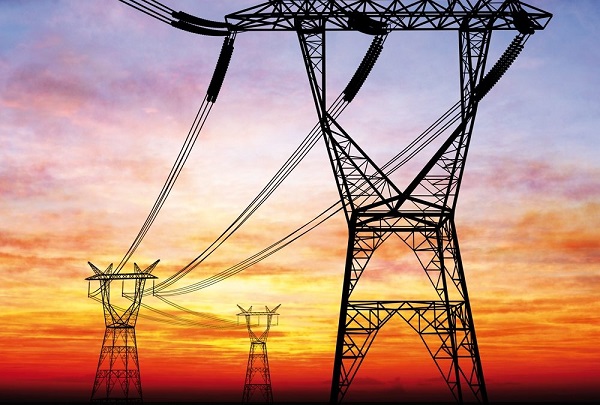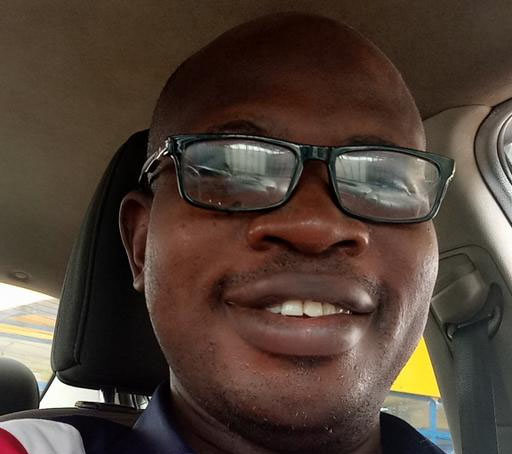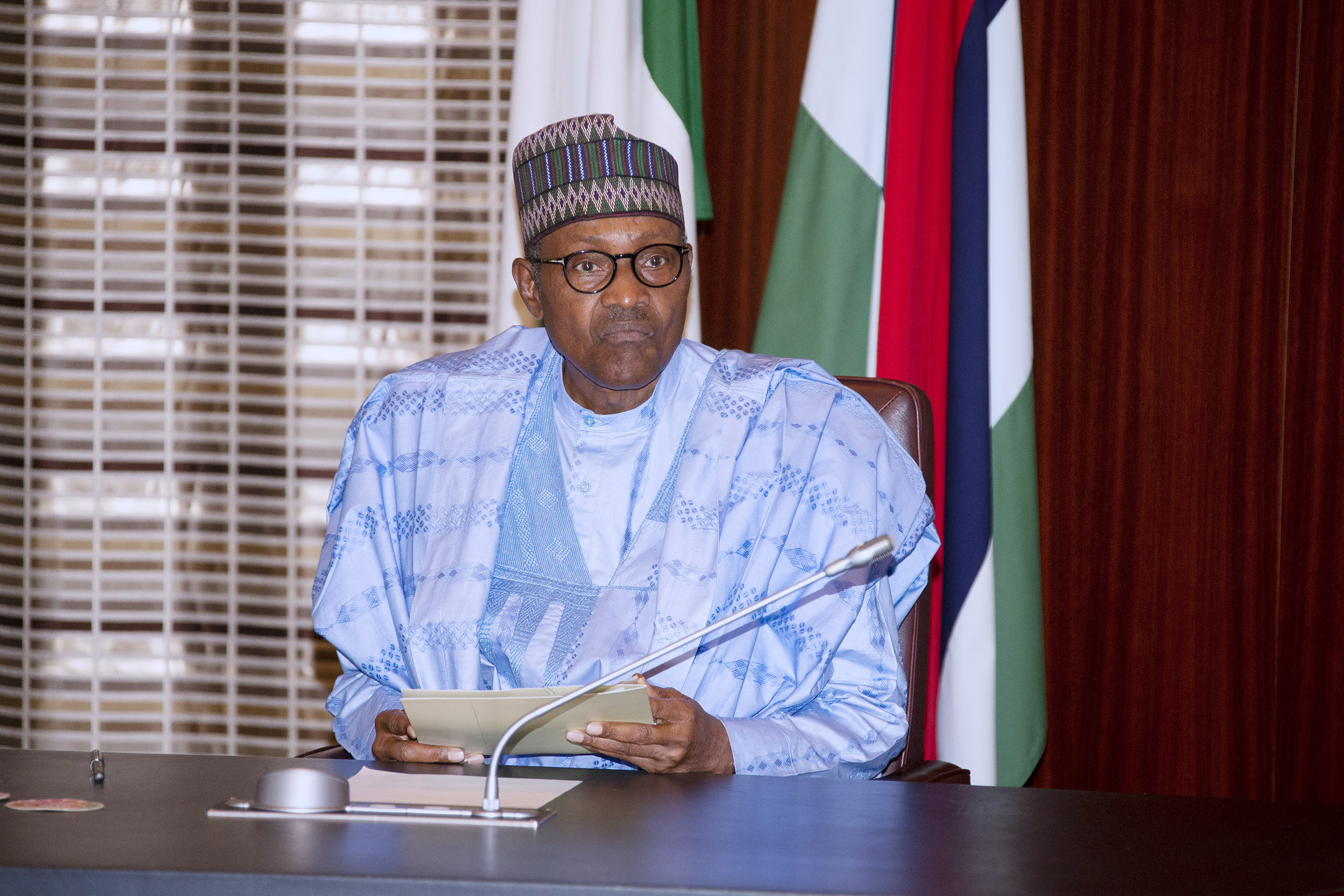As America burns over the death of George Floyd and other African-Americans from systemic racism, reflected as police brutality with no accountability, there’s a connection between that reality and poverty in African countries where life is also cheap.That connection is something that scholars have described as “A Worldview of Race”. It is, then, a mistake to separate the situation of African Americans from the situation of Africans at home on the continent. A strategic worldview is to understand that, first, both are inextricably linked, and second, that racism is far more about poverty than it is about skin color.
The black race has been defined negatively by the whitewashing of history — a focus on four centuries of the transatlantic slave trade and colonialism that impoverished and subjugated Africa, and a suppression of Africa’s contributions to global civilization while creating the impression that the West (and its dominant Caucasian populations) is the sole repository of human progress.
But Africa has had a history of greatness going back thousands of years, well beyond the epoch of the transatlantic slave trade and the colonial experience.Race is a worldview, a social ideology of inequality among human beings invented or constructed to justify economic exploitation. It’s not really scientific, because other than external features of skin pigmentation that can be traced to the dispersal of human populations to various parts of the world from Africa as the cradle of humanity, there is little if any fundamental difference in the human biology of the different “races”. Race is mainly a cultural and economic phenomenon.
Black people were not the only or even the first people to be enslaved. The English people held Irish and Indian people as slaves in the 13th and 14th centuries. The Bible tells us how, many centuries earlier, the Jews were enslaved in ancient Egypt for 400 years. The enslavement of Africans in North America lasted for three centuries, the 17th, 18th and 19th.
It was followed by another century of European colonization on the African continent, and then by structural, legal and informal discrimination against blacks in the U.S. They were denied civil rights until the Civil Rights Act was passed in 1964.
Advertisement
Black slaves in America did the menial labor that built America’s wealth, especially in the American South. The slave plantations in the Caribbean and African colonies supplied European powers with the raw materials that built their economies.
The only thing that will end racial injustice against black people the world over, whether in Minnesota or in Africa, is economic freedom. That’s why it’s unfortunate that, despite the success of political decolonization in Africa, economic freedom has remained a mirage.
The cause of this reality is only partly external. Much more of the reason is internal to African countries themselves— venal, corrupt political leadership and societies divided within themselves by tribalism and the absence of strong institutions that can facilitate real development.
As late as the early part of the 20th century, Chinese and Japanese people in America suffered discrimination, frequently referred to as “the yellow bastards”. Today,with the economic rise of first Japan and then China, they have achieved grudging respect. Asian money speaks! Point: The wealth or poverty of nations or peoples is what matters ultimately. Black people in America remain largely poor as a result of the absence of access to opportunities to create wealth, and because of the structural impact of slavery on generations of black families.They are the most affected by #COVID__19 because, like the urban and rural poor in Africa, they live mainly in poor housing conditions where social distancing is difficult. Key to ending systemic police brutality is police reform & improved economic opportunities for blacks.
Advertisement
If African countries were to achieve the kind of economic transformation China and many Asian countries have attained, racism against black people around the world will drop dramatically. Visa restrictions will drop because African youth will not want to emigrate to the West.Western countries will woo us to come and spend our wealth to create wealth in their own countries. It’s all about the money, which has no color! The black race is discriminated against because over 400 years it has become subliminally associated with poverty.
It’s our duty to change this reality even as we must challenge racism and discrimination of any sort, whether in America or in Nigeria, Kenya or Côte d’Ivoire, whether such discrimination is anchored on race, ethnic identity or religion. This requires that we understand, and apply, the secrets of the wealth of nations: a philosophical worldview that drives the organization of our societies and a global strategic ambition, the manufacture and export of complex, value-added goods, and taking our place in the production value-chain of globalization as factory and not just a market for the goods produced by the technologically accomplished drivers of globalization.
Moghalu is a former deputy governor of the Central Bank of Nigeria. He is the president of Sogato Strategies LLC, a global strategy and risk advisory firm in Washington DC.
Advertisement
Views expressed by contributors are strictly personal and not of TheCable.
Add a comment







